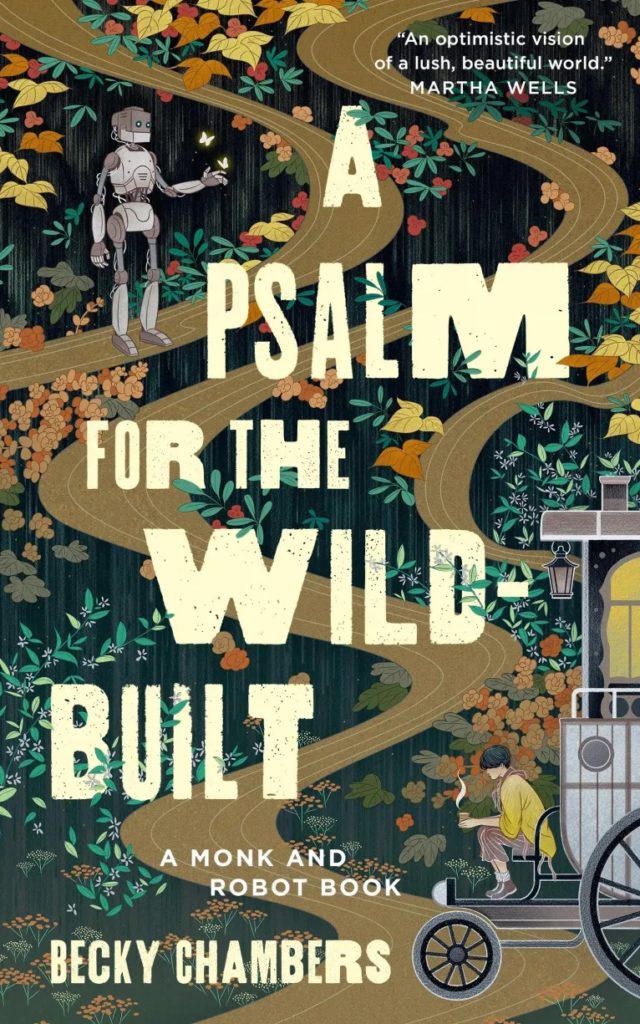I’ve begun to properly embrace what I’ve learned is called a “biphasic” or “multiphasic” sleep pattern, casting away the busispeak “insomnia” and all its attendent judgement of a lack of productivity in sleep, for Pete’s sake, as one more of the wretched impositions of a clockwork life in the planet-wide currency mill, and it’s connecting me with parts of myself that I’d glimpsed from a distance for most of my life.
I’ve always loved the blue hours—those in-between spaces when the rest of the world is largely taking place just around the curve of the Earth. I wake up, sometimes at oddly familiar times, like when I stir, tap my watch on its little charging stand to see when it is that I’ve resurfaced, and return, in eye-friendly green text, “3:01” or “5:05” or “4:33,” and wonder if they’re part of that dreamland oracle meant to give some meaning, or if it’s just pareidolia connecting a pattern with random reflections within my memory palace, assigned a value in the way we used to think the patterns of the stars had something to say about our lives.
At 5:05, I stir, quietly as to avoid waking my partner or our dogs, slip out of the bed, gather up my daily devices in a pocket, and quietly tiptoe out, taking care to close the door with all the stickers and one gently snoring child, before I creakily descend the stairs to lurk deliciously in the great empty volume of the house.
Today, I light a candle, take a photo of myself perched in front of my little writing device, as if to document some grand artistic process instead of just letting it happen unseen in the little breakfast nook, sip at a strong cup of tea with heavy cream and no sugar, and start to write, once I’ve irritably solved the problem of what impossible string of letters, numbers, and special characters will get me into my website.

Outside, the sky is going through that gorgeous procession of blue to blue to blue, and the horizon is just taking on the threads of pink and gold that precede the sunrise on that side of the house. I’m a little unsettled, still from one of those dreams that’s not bad at all, but leaves one with a feeling that something’s not quite right, but there’s tea and a candle and music in my earphones and there is nothing to do but do. I was reminded recently how it important it is to embrace a radical incrementalism and write a little each day, or do a little work towards a goal, or otherwise just continue on a track with an endpoint yet to be revealed, so I set to work, in my own way and at my own pace.
It is a good thing.
© 2023 Joe B. Wall



